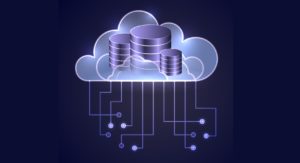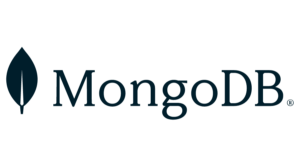
(Istel/Shutterstock)
MongoDB, a leading NoSQL database platform, has launched version 8.0, offering a substantial performance improvement over its predecessors. This new release introduces scalable solutions and enhanced security features, giving users increased flexibility and control in managing their databases.
In developing MongoDB 8.0, the engineering team concentrated on four key objectives: optimizing performance across a wide range of applications, introducing advanced encryption to enable new use cases, lowering costs while enhancing scalability through intuitive horizontal scaling, and ensuring resilience to handle unexpected application demands.
According to MongoDB press release, version 8.0 features significant performance enhancements, including a 32% increase in read throughput, a 56% improvement in bulk write operations, and a 20% boost in the speed of concurrent writes during data replication.
The most remarkable gains are observed when managing large volumes of time series data, with improvements reaching up to 200%. Version 8.0’s enhanced performance and efficiency stem from architectural optimizations that have lowered memory usage and reduced query times.
As data management grows more complex, robust encryption is crucial for protecting sensitive information throughout its lifecycle – during transit, at rest, and while processing. However, encrypting data during querying can expose it to threats.
MongoDB 8.0 addresses these security concerns with its Queryable Encryption, allowing organizations to encrypt sensitive data on the client side and store it as randomized encrypted data. Thew new version supports both range and equality queries, ensuring data remains encrypted until accessed by authorized users with a customer-controlled decryption key.
As organizations grow, their applications must adapt to increased demands, often requiring costly and time-consuming architectural changes.
MongoDB 8.0 simplifies this process by enabling faster, easier, and more affordable horizontal scaling. It allows applications to distribute data across multiple servers, without pre-provisioning resources for a single server, achieving data distribution up to 50 times faster and at 50% lower initial costs.
 With its latest version, MongoDB enhances scalability and reduces costs for vector applications by introducing quantized vectors in Atlas Vector Search. These compressed representations of full-fidelity vectors require 73% to 96% less memory and enable faster retrieval while maintaining accuracy.
With its latest version, MongoDB enhances scalability and reduces costs for vector applications by introducing quantized vectors in Atlas Vector Search. These compressed representations of full-fidelity vectors require 73% to 96% less memory and enable faster retrieval while maintaining accuracy.
Another improved feature of MongoDB 8.0 is its enhanced control over database performance, allowing teams to ensure consistent application experiences even during periods of high demand and usage spikes.
“Customers across industries tell us how critical it is for their core operational database to perform well, no matter the scale,” said Jim Scharf, Chief Technology Officer at MongoDB.
“Developers have long loved building with MongoDB, so we’ve ensured that 8.0 kept the bar extremely high for developer usability. MongoDB 8.0 was also built to exceed our customers’ most stringent security, resiliency, availability, and performance requirements, and is the most impressive version of MongoDB yet. MongoDB 8.0 gives customers the strongest possible foundation for building a wide range of applications, now and in the future.”
MongoDB 8.0 is now officially available across major platforms, including AWS, Google Cloud, and Microsoft Azure via MongoDB Atlas. It’s also accessible for on-premises and hybrid deployments through MongoDB Enterprise Advanced or as a free download with MongoDB Community Edition.
Known for its flexible, schema-less design that stores data in JSON-like documents, MongoDB has come a long way since its first version launched in 2009. It has evolved from a niche NoSQL database into a comprehensive developer data platform, offering a wide array of features tailored for modern applications. With over 265 million downloads, it now supports diverse workloads and innovations, solidifying its position as a key player in the database landscape.
Related Items
Slicing and Dicing the Real-Time Analytics Database Market
How Broad Is Your Database’s Data Ecosystem? Gartner Takes a Look
Google Revs Cloud Databases, Adds More GenAI to the Mix


